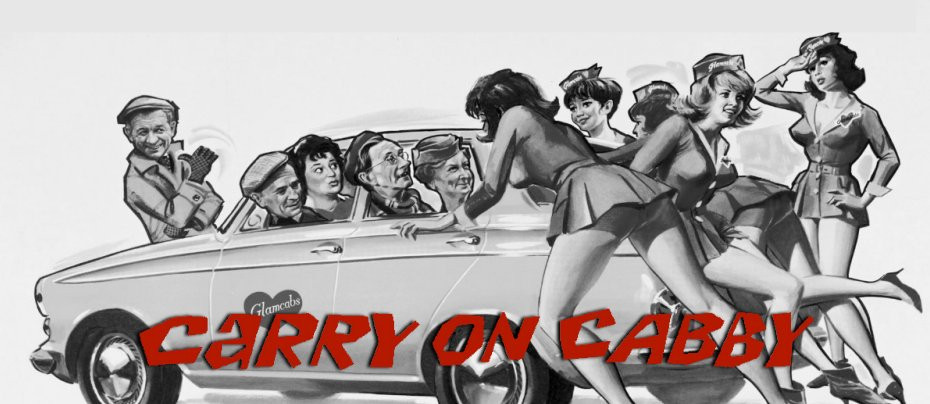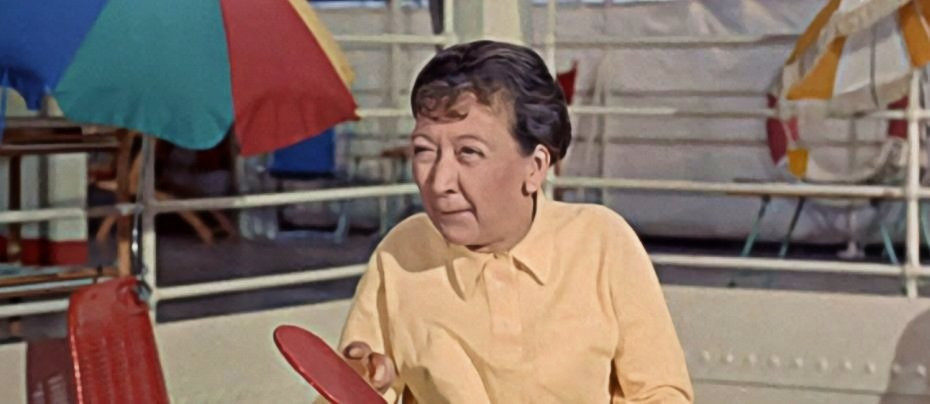
Esma Cannon
Delighting audiences with her scene-stealing performances in films, television and theatre, Esma Cannon, with her pixie-like appearance and dotty charm, was one of the most beloved and versatile actresses of her generation, becoming something of a national treasure in the UK. Unlike many stars of her generation, whose lives were well-documented both on the screen and behind their public image, Cannon remained deeply private and, at the age of 58, she retired from the entertainment industry, never to be heard of again.
Tiny Esma Cannon, who established herself on British television as the panicky pinny girl "Brother Lil" in The Rag Trade, was known for her Cockney mannerisms - yet she was an Australian chirpy flyweight actress— only 4ft 9in tall —and had been on stage from the age of four in Madame Butterfly. Round about that time, she and her elder sister began earning money to help their mother in Sydney.
She appeared in productions for both the J. C. Williamson and Tait companies – including the early prominent role of Ruth Le Page in Sealed Orders at the Theatre Royal in 1914 and played Baby in an adaptation of Seven Little Australians.
As she grew up (in age not inches) Esma found parts with touring English stage companies playing children's parts well into adulthood - and had many offers of work if she should ever come to England.
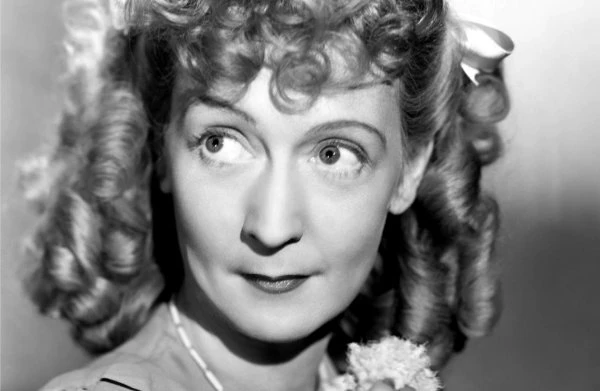
When her sister died, Esma and her mother came to England for a holiday in the 1930s— and never went back. Her first London role was in the play Misadventure and she began to perfect her special brand of fluttery confusion and started receiving notices for her performances as early as January 1937 when she appeared at the Wimbledon Theatre in the comedy Jack and Jill. She worked not only as an actress but also in stage management and production, learning all aspects of her industry.
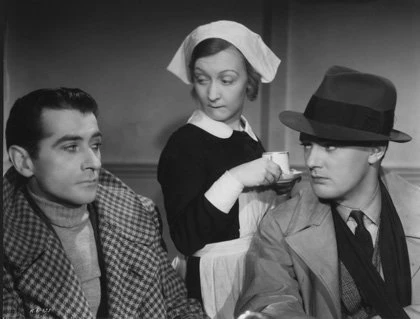
Her film debut was an uncredited part as a waitress in the low-budget 1936 production The Man Behind the Mask, of which, sadly, no full copies are known to exist. By the end of the decade, she had appeared in no less than ten big-screen features, but split her time equally with the theatre. In 1939 she appeared at the Saville Theatre, London, with Barry Lupino in the musical Runaway Love. She also toured the country performing in May 1941 at the New Theatre Hull in He Didn't Want to Do It – before its London debut. The following year she took to the road again in the comedy Other People's House, a Bernard Delfont presentation which starred the original London Company of Phyllis Dare (a famous music hall star) and Ivy St. Helier (an actress, composer and lyricist) at the Empire, Newgate Street, Newcastle, and a week later at the Empire Theatre, Midlothian.
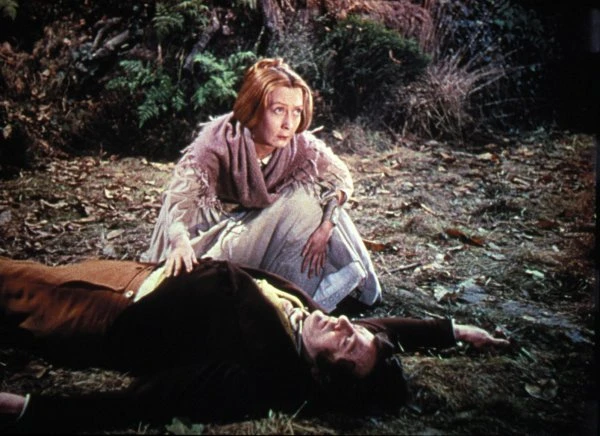
The 1940s proved just as lucrative for Esma with over twenty screen appearances, two of which saw her take a break from comedy. The first was in Holiday Camp (1947), playing a pathetic spinster who is lured to her death as a murder victim, and the other as a girl struck dumb by terror, alongside Margaret Lockwood in Jassy (also 1947). During this time, whilst touring, Esma met her husband, Ernst Littmann, when he was in the Pioneer Corps, playing in an orchestra in Salisbury in his spare time. Their son, Michael Anthony Littmann was born on 21 March 1946.
Her career continued to flourish in the 1950s even though she would occasionally turn up in uncredited but somewhat memorable roles such as a lady who is a besotted onlooker listening to Norman Wisdom as he sings Don't Laugh At Me Because I'm A Fool in the film Trouble in Store (1953), or a night club cleaner in Cliff Richard’s film debut, Expresso Bongo. In May 1957, Esma went on the road again, this time performing up and down the country in The Importance of Being Earnest which starred Margaret Rutherford as Lady Bracknell. Esma played Miss Prism. In May it opened at the Grand Opera House in Belfast and in June it was at the Lyceum in Edinburgh.
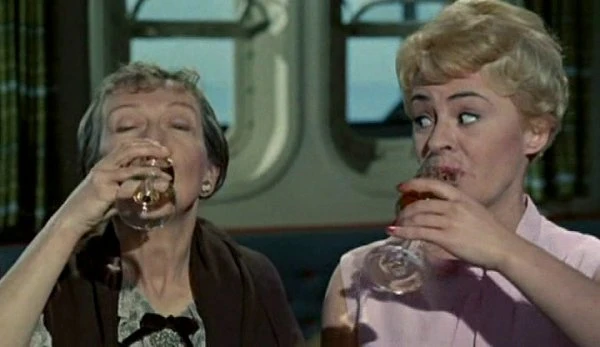
In 1960 Esma appeared in the first of her four Carry On films, Carry On Constable, as a deaf lady trying to cross the road (another memorable cameo). In Carry On Regardless she played somewhat against type as Sid James’ loyal secretary, Miss Cooling. She had a far more prominent role in Carry On Cruising and put in an unforgettable performance as the lonely but happy spinster Bridget Madderly who is out to live life to the fullest whilst she is on board and all at sea. The highlights of her performance are her attempt to play table tennis for the first time and later on getting decidedly 'squiffy' in the bar with Dilys Laye. The scene where both their characters get hilariously drunk is as legendary as the movie itself. Esma’s timing and presence on screen are brilliant throughout. In the audio commentary for Carry On Cruising, Dilys Laye recalled working with Esma with great warmth and affection.
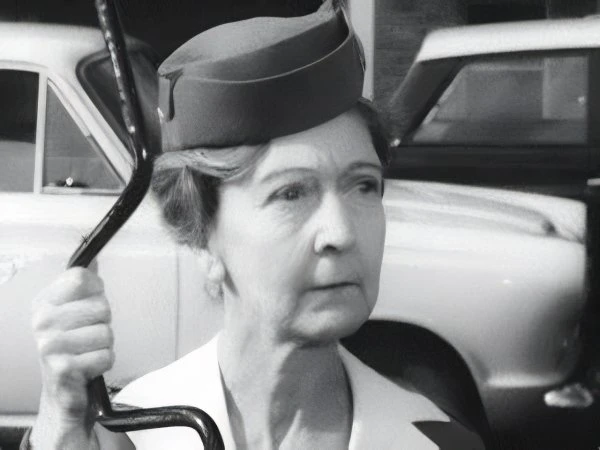
Esma returned for one final Carry On film, Carry On Cabby, shot in the Spring of 1963. As in Regardless, Esma was given a different role to play. Here we possibly get a glimpse of the real Esma, playing the part of Flo Sims, a lady who helps Hattie Jacques' character Peggy Hawkins set up Glam Cabs, a firm that operates in direct competition with Sid James’ Speedee Cabs. Here, Esma gets to play a no-nonsense down-to-earth role as the strong woman that Peggy needs for advice and confidence. It’s also the one role where her Australian accent can be discerned.
Between the Carry On films, Esma had established herself on television in Chesney and Wolfe’s hit sitcom The Rag Trade as factory worker Lily Swann. She played the role for two years leaving at the end of the 1962 series to return to the theatre in ‘The Rag Trade’ stage show at the Piccadilly Theatre in London, which debuted in January 1963.
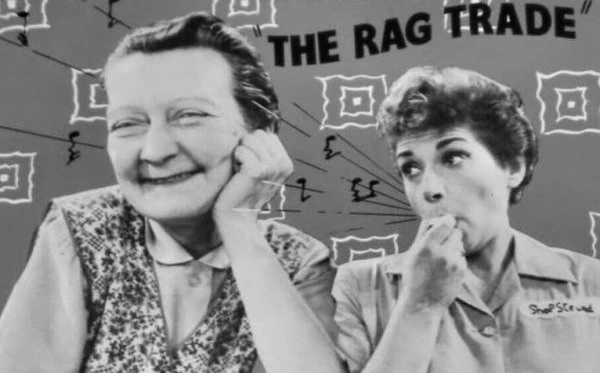
At a time when Esma was a well known face and an obvious audience puller, it is odd that in her next role, Hide and Seek, she was cast as a tea lady, a part that she had appeared to have moved on from. She was to have appeared in the next Carry On movie, Carry On Spying. The role of Amelia Barley had been written expressly for her by Norman Hudis. As it turned out, Hudis’ script was unused and Talbot Rothwell and Sid Colin delivered the final draft. Whether or not it was Esma’s choice to withdraw from the film is unknown. But soon after, she retired from acting and from public life.
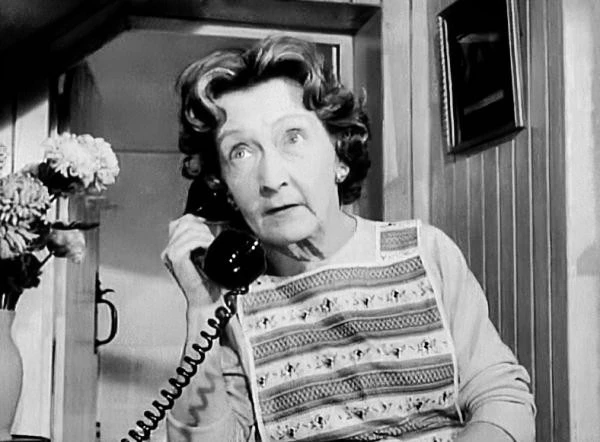
Esma Cannon rarely gave interviews, but on the occasions she did very little of her private life was revealed. In November 1961, Cathryn Rose writing for the Daily Telegraph met Esma at her home: ‘In real life Esma is not much like "Lil." She met me graciously at the door of her house in Kilburn and introduced me to her husband, once a refugee from Germany and now the owner of a small plastics factory. Sitting in a pale green velvet chair beside a row of her own tapestry work, she served tea in dainty china cups and, with it, heart-shaped pink biscuits. Being so small, she has trouble finding clothes to fit. She often runs up dresses for herself. But that is the only resemblance in real life that Esma Cannon bears to "Brother Lil." Esma likes gardening and searching antique shops for items for her home.’ And rather tellingly, her last known interview before retirement appeared in the Thanet Times on Tuesday 28 May 1963. ‘Her chief interest in life is not stage or television or films, but her family. The most important thing in her life is "being a mum."’
After retirement, Esma didn’t stay in touch with any of her fellow actors, preferring to live a very private life. A neighbour of hers in France, at Ferme du Châtelier in Saint-Benoît, a house which shared the courtyard and the well with the cottage occupied by Esma and her husband, told a French newspaper that she had formed a deep friendship with this ‘bubbly, laughing, little good woman,’ who, she remembered as, ‘(living) in harmony with her husband.’ Her elusiveness was such that her former colleagues and friends only discovered she had died after a Where are They Now? feature appeared in the magazine Films and Filming several years after her death. She had passed away at the age of 66 in 1972 and was buried at Saint-Benoît-la-Forêt in France.
Esma (sometimes billed as Esme) Cannon was a beloved actress who enchanted audiences with her extraordinary facial expressions and wonderful comic timing. She was versatile and could play both comedy and drama with ease, which she did in over 100 performances. A star of the British cinema, stage and television, she left behind a legacy of laughter and charm and remains one of our favourite unsung heroes.
Esma Ellen Charlotte Littmann (née Cannon; 27 December 1905 – 18 October 1972)
Published on December 16th, 2023. Written by Marc Saul for Television Heaven.








